Bryce Blum currently represents numerous players, teams, leagues, tournament organizers and service providers in esports, and counsels clients on entertainment, employment, sponsorship, sports, intellectual property, development of league rules, and gaming law issues within this emerging industry.
Background
The League of Legends esports scene is in the midst of a complex copyright battle, involving three of the biggest parties in the space: Twitch, Azubu, and Riot. This dispute was the subject of a recent video by Travis Gafford, which did an excellent job highlighting the issues and making sure this gets the attention it deserves. I’m going to build on Travis’ analysis, and offer some detailed legal context to facilitate more discussion on the topic.
The issues began with a Twitch stream called “SpectateFaker,” which aired the raw content of Lee “Faker” Sang-hyeok’s games through OP.GG. As this stream gained in popularity, Azubu understandably got upset about what it perceived as a drain on its business—Azubu has exclusive rights to act as Faker’s streaming platform through a contract it entered with KeSPA. Apparently based on this arrangement, Azubu filed a complaint with Twitch under the Digital Millennium Copyright Act (DMCA), alleging that SpectateFaker was infringing on its intellectual property (IP) rights. As a result, Twitch cleared the archives, highlights, and episodes from SpectateFaker, and issued a 24-hour restriction from broadcasting.
The basics of copyright law
Under Title 17 USC § 106 of the Copyright Act, copyright holders have the exclusive right to publicly perform the work and to reproduce copies of the work. However, copyright holders can grant licenses to others to use the protected work at the discretion of the copyright holder.
Typical streams include several discrete elements: The game, oral commentary by the individual player, the name of the player, video showing the face of the player and background music. It’s important to separate these elements, because each potentially implicates a separate copyright holder. When it comes to the game itself, the IP rights belong exclusively to Riot—the images, sounds, and underlying code are all wholly owned by the game’s publisher. This means that Riot could prevent anyone from streaming its game. However, Riot has chosen to go an entirely different route, and maintains a blanket policy that “you can use League of Legends IP as the basis for a fan project that you’re giving away for free or that’s only generating ad revenue.” Riot’s website goes on to state:
The content our community creates inspires, informs and entertains Rioters and players alike. We hope to see many more videos using Riot Games and League of Legends content. This handy guide will help you ensure that any video using our intellectual property (such as video images, art, music, sounds and other content) is legit before posting to YouTube, streaming sites like own3D, or just for you and your friends.
In this case, Azubu has the exclusive right to act as Faker’s broadcaster. However, that arrangement simply cannot grant IP rights to the gameplay itself. That content isn’t Faker’s to license—it’s Riot’s.
The Safe Harbor provision of the DMCA
The rights and obligations of parties under the DMCA are somewhat complex, and have been the subject of ongoing billion-dollar litigation brought about by mass-media company Viacom. The Viacom case surrounds the then recently-enacted safe harbor provision of the DMCA, which was intended to shelter service providers from the infringing activities of their users. This provision states that a service provider (such as Twitch) cannot be held liable for copyright infringement if it does not have actual knowledge of the infringement, is not aware of facts or circumstances from which infringing activity is apparent; and upon obtaining such knowledge or awareness, acts expeditiously to remove or disable access to the infringing material.
In a 2013 ruling on the Viacom Case, the Southern District Court of New York noted:
Title II of the DMCA was enacted because service providers perform a useful function, but the great volume of works placed by outsiders on their platforms, of whose contents the service providers were generally unaware, might well contain copyright-infringing material which the service provider would mechanically ‘publish,’ thus ignorantly incurring liability under the copyright law.
The court emphasized that the safe harbor provision was designed to resolve this issue, arguing that service providers are not obligated to scour their websites in order to identify potentially-infringing content. However, in order to gain the vital liability protection provided by the DMCA, a service provider must act “expeditiously to remove or disable access to the infringing material” once the copyright holder affirmatively identifies the infringement.
What are SpectateFaker’s options?
SpectateFaker could file a response to Azubu’s claim, asserting that he has the right to broadcast the content in question. These rights are expressly provided on Riot’s website. Moreover, SpectateFaker could point out that Azubu does not hold the copyright to the material in question and therefore lacks standing to assert that SpectateFaker’s use of the material is a violation of any of the owner’s rights. One of the requirements of the DMCA is the party demanding a take-down must claim to be the copyright owner or legal representative of the owner.
SpectateFaker also has the right to file suit against Azubu under 17 U.S.C. § 512(f)(1), which establishes civil liability for any party that “knowingly materially misrepresents under [the DMCA] that material or activity is infringing.” Of course, litigation is expensive and extremely time consuming. I’m by no means endorsing this option. I just wanted to point out that it exists.
Thoughts on the actions of Azubu, Twitch, and Riot
Azubu: On a basic level, I get it—Azubu is paying a lot of money to be the exclusive broadcaster for Faker, and it has to be frustrating to see SpectateFaker pulling in significant viewership based solely on Faker’s gameplay. But that doesn’t mean Azubu has the legal right to get SpectateFaker taken off the air. Azubu doesn’t have the legal right to have content removed from Twitch based on alleged infringement of IP rights it doesn’t hold. As noted above, the DMCA actually establishes civil liability for knowingly making a materially false claim. If Riot were to intercede in this dispute and assert itself to be the rightful copyright owner of the pure gameplay feed, Azubu would be in a different legal position in the future about making ownership claims it knows to be false.
The only likely conflict between SpectateFaker’s actions and Azubu’s rights is the use of the name Faker. Azubu undoubtedly was granted personality rights to use Faker’s name in connection with his stream, and SpectateFaker is using that name to promote his stream. That being said, it wouldn’t make sense for Azubu to have exclusive rights to use the name Faker—if it did, Faker’s named couldn’t be used in connection with any other promotions, competitions, etc. Azubu is far more likely to have exclusive rights to use of Faker’s name with respect to each individual streaming session. Those rights aren’t impacted by SpectateFaker.
Twitch: From my perspective, Twitch was the subject of some relatively unfair criticism in this instance. The framework of the DMCA directly incentivizes Twitch to do exactly what it did in this case. A content provider as massive as Twitch needs the liability shield offered by the DMCA. There is simply too much content on Twitch for it to self-identify all infringing content that it posted on its site—the only way for Twitch to avoid liability is to make sure it “acts expeditiously to remove or disable access to the infringing material” as soon as it is identified by a third party. And while I would like to see a higher bar set for determining when a claim of infringement is sufficiently valid to result in a takedown, Twitch’s action in this case were probably the most legally and economically sound option. This is the first time this issue has arisen, as far as I am aware.
Riot: The first response from Riot came from a random member of the customer support team: “If you are going to stream another player’s games, it makes sense to reach out to that player first (in this case Faker) and get their permission. It’s simply the right thing to do. Raising the visibility of a person’s match without their knowledge is questionable because they may be assuming that they are just casually playing a game with friends when in reality they are being broadcast to a larger audience.”
Then, earlier today, Marc Merrill, Riot Games’ president, commented on the issue in response to Gafford’s original video:
As I think you guys all know, we love the stuff that the community creates and it’s important that players feel protected when they put time and effort into creating content for the League community, and as such our legal jibber jabber has always granted players the ability to create content and monetize it on platforms like Twitch or YouTube.
This new issue of rebroadcasting spectator mode streams of a specific player’s game is something that only recently became possible and we have to consider very carefully how we address it because this issue involves a bunch of parties. As it relates to addressing the specific issue where third parties use copyright claims against Riot owned content, we are committed to working with our partners to ensure that they understand our stance on player creative content and act accordingly.
While this issue is far from resolved, I think it’s important to note that Riot has a great deal at stake in the resolution of this issue, and that Azubu’s claim has the potential to threaten Riot’s broad and substantial IP rights with respect to the game it publishes.
Update 4:40pm CT, Feb. 21: This article has been updated to include the statement from Marc Merrill.
Screengrab via Riot Games/YouTube



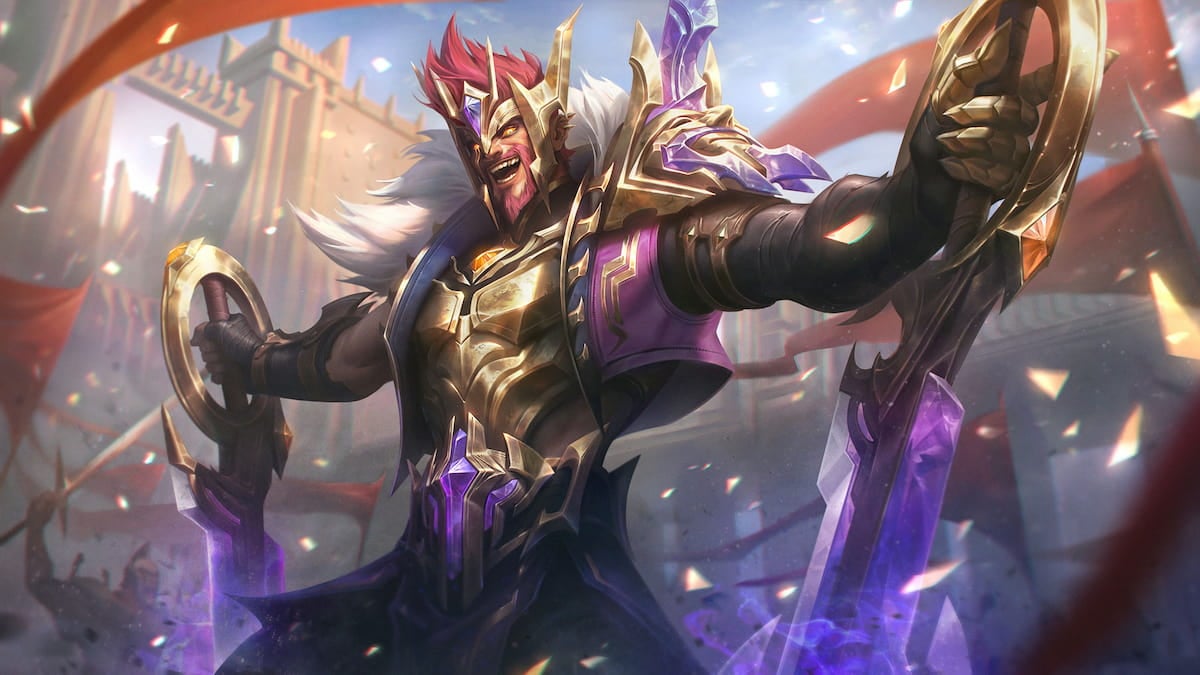
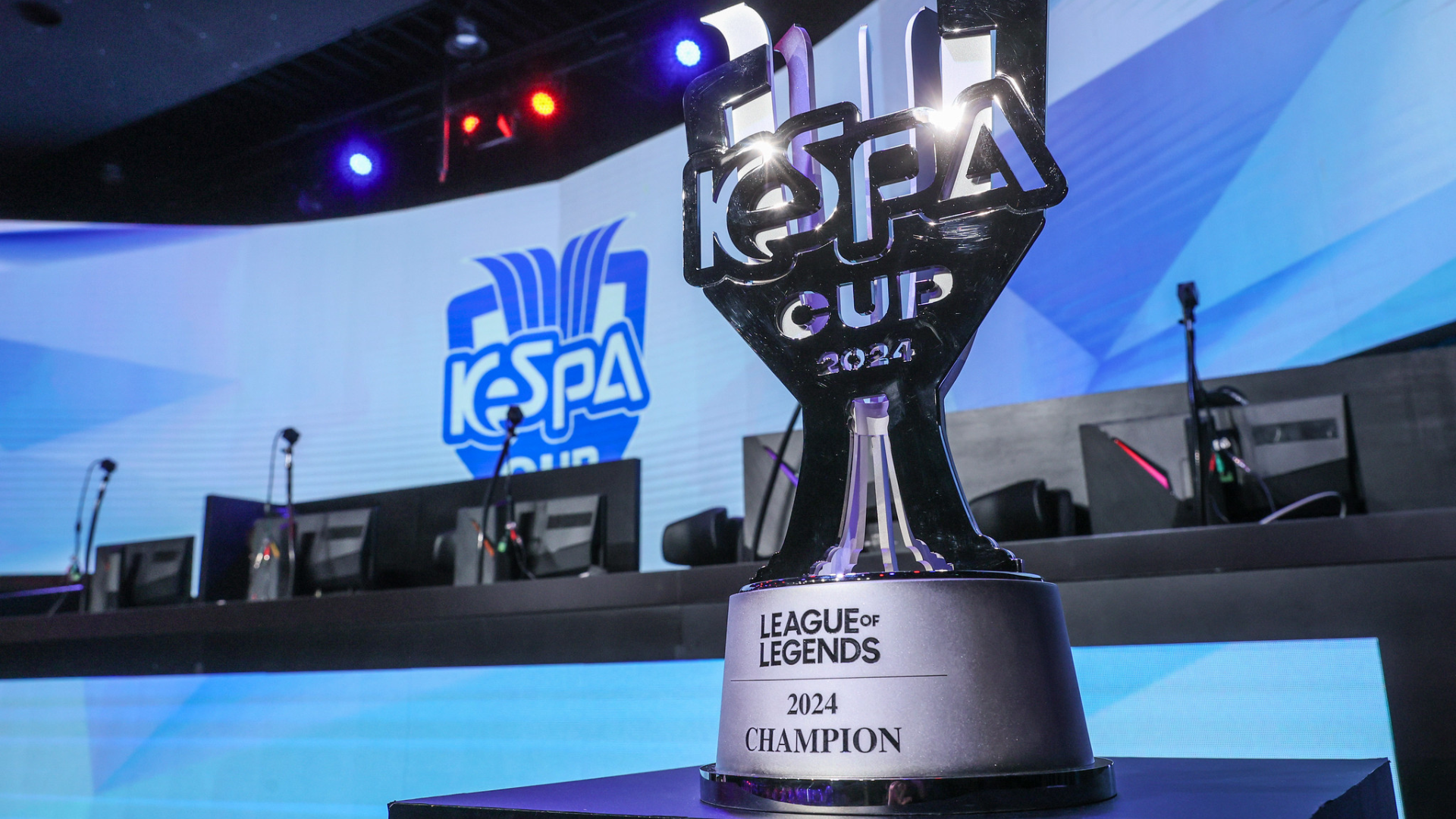
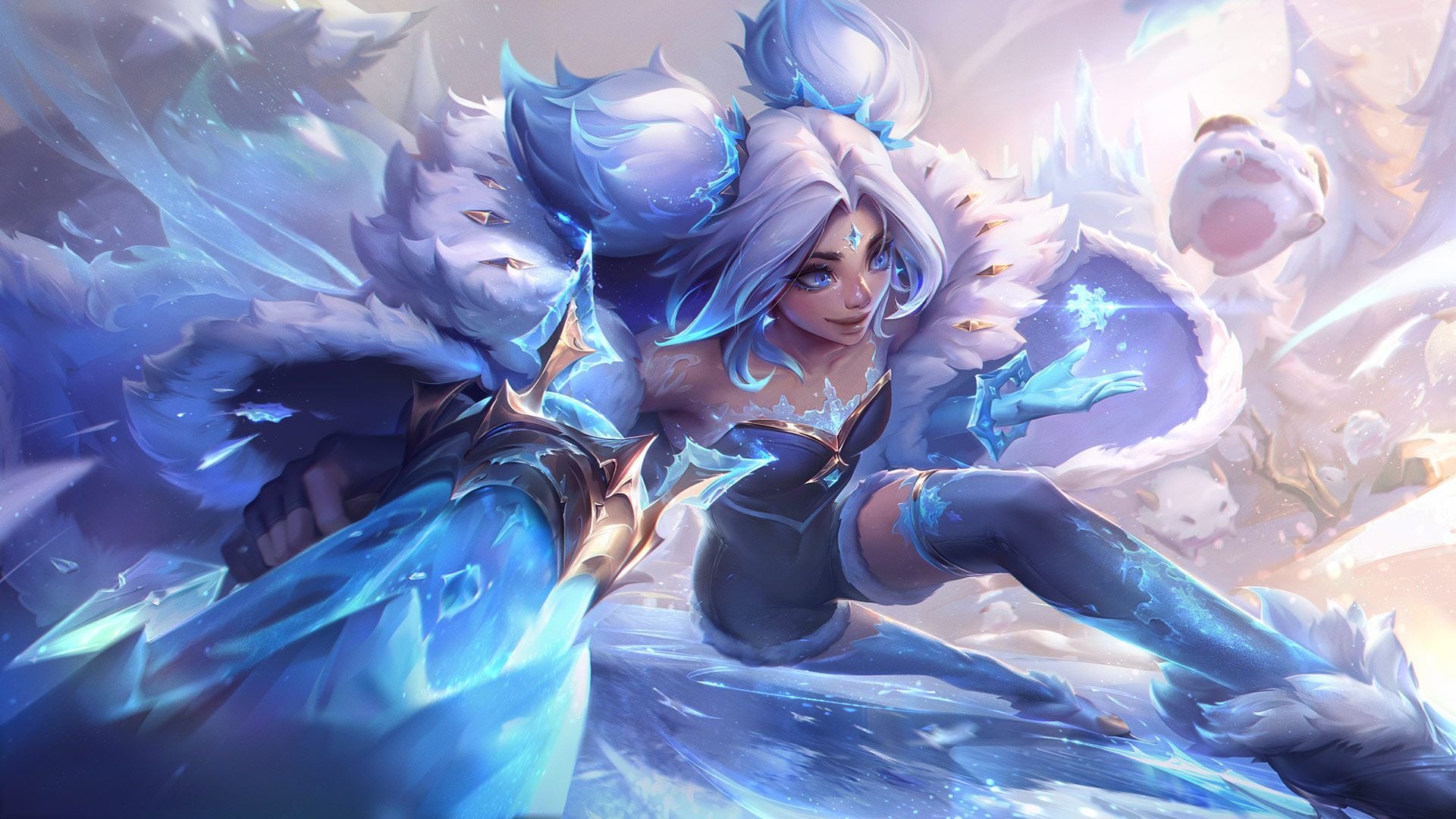

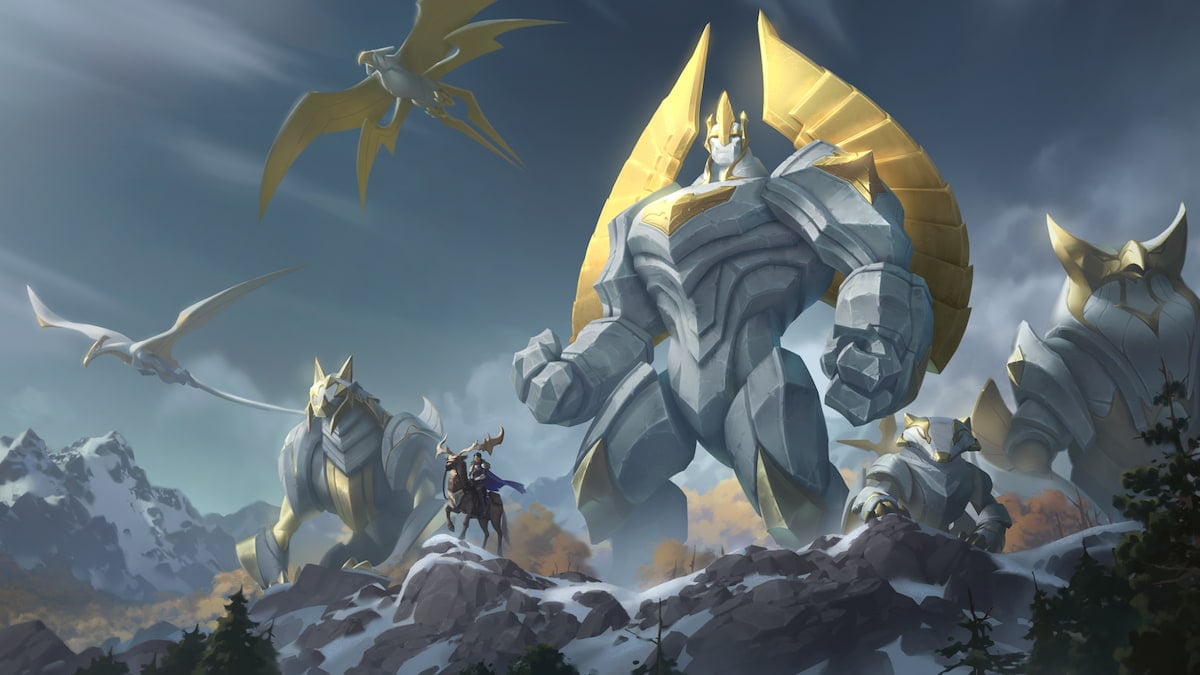
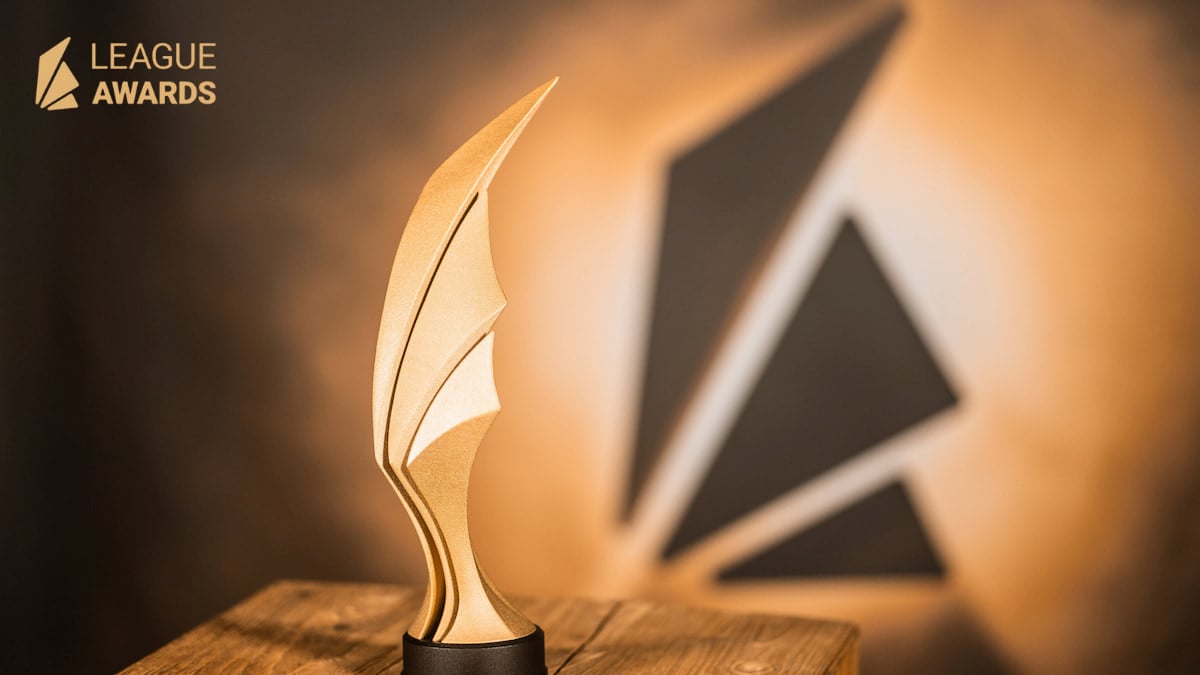
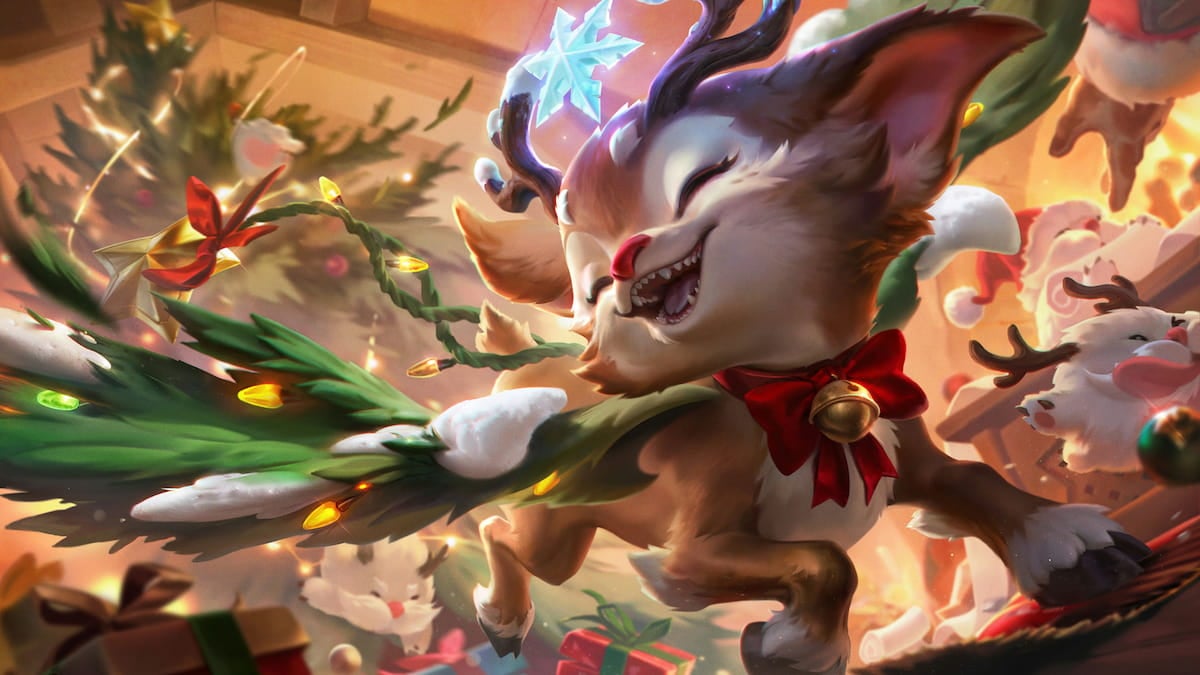
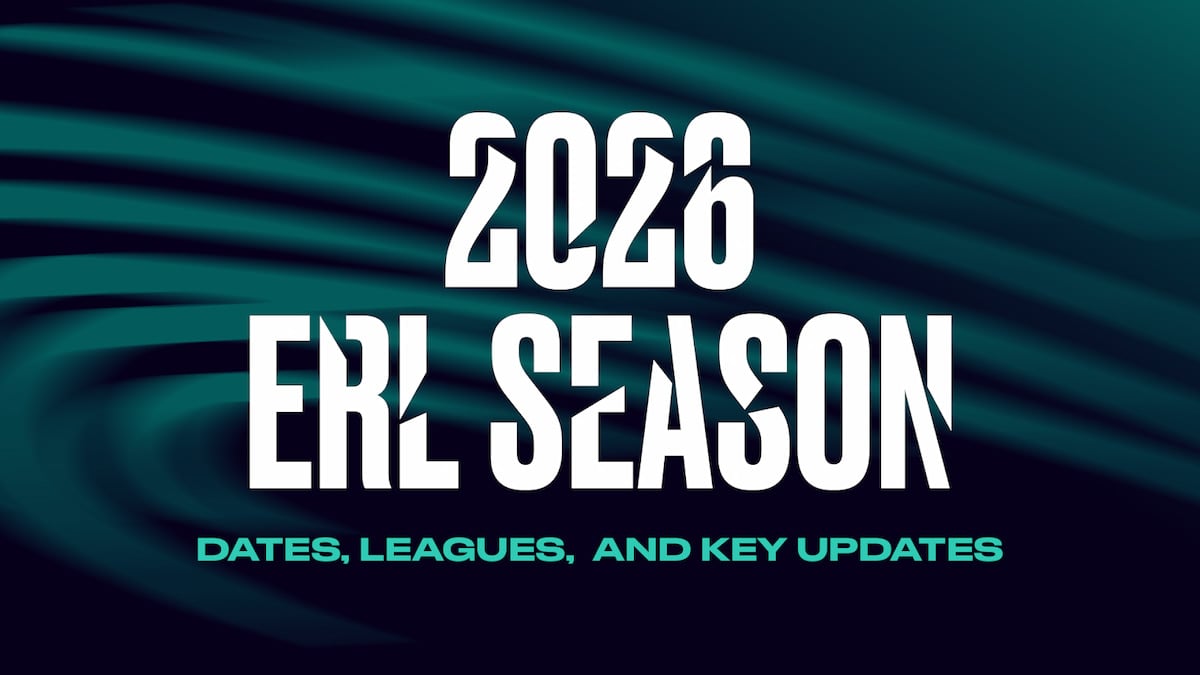
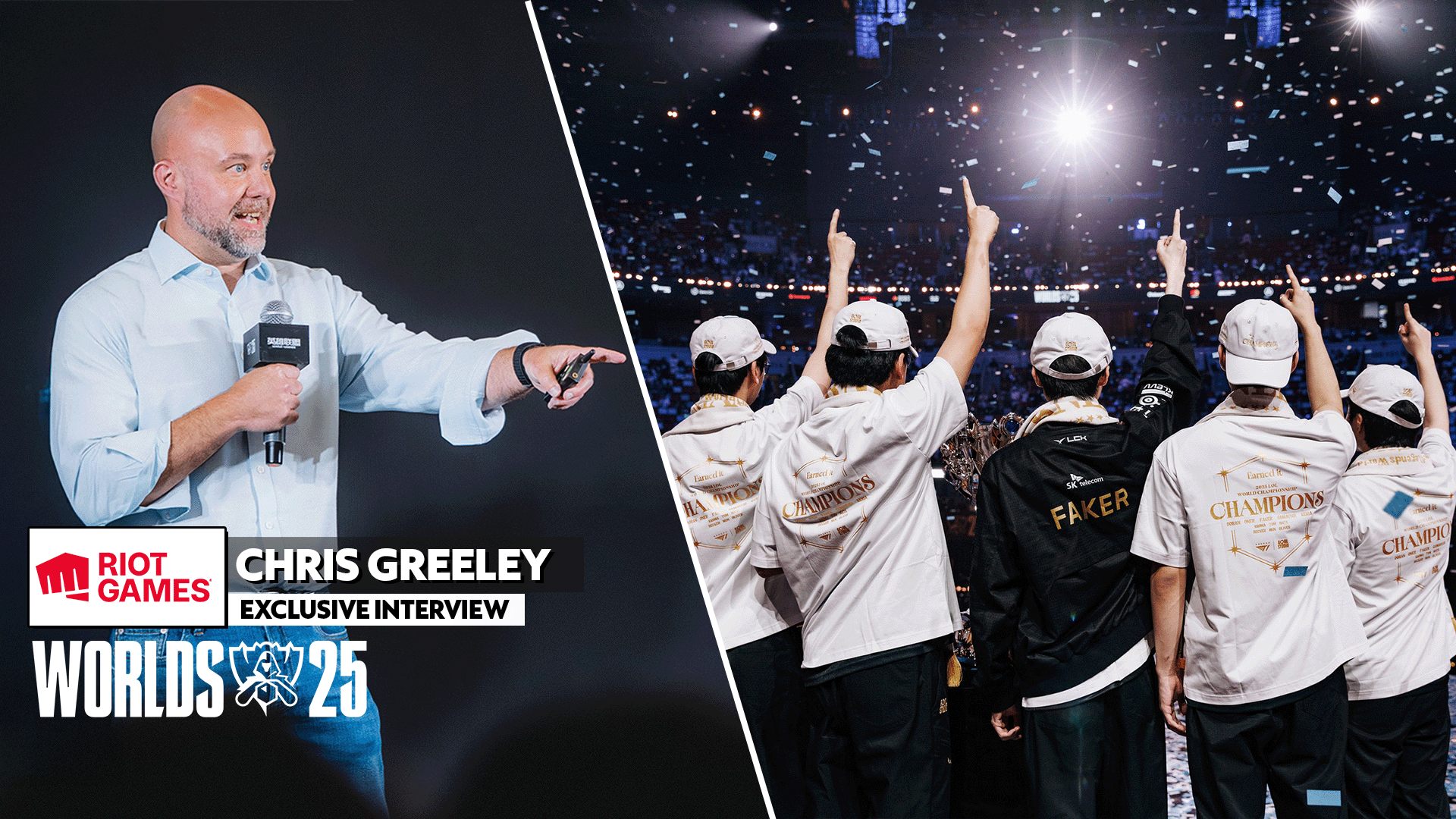
Published: Feb 21, 2015 04:08 pm